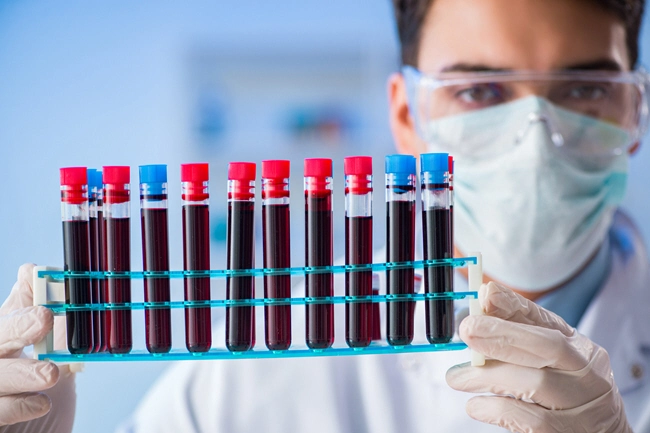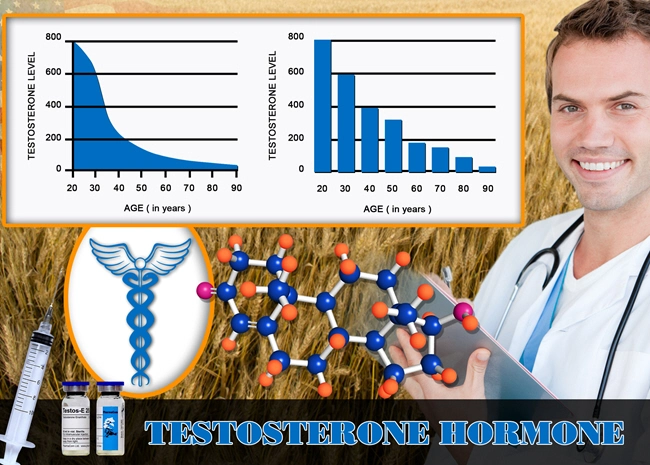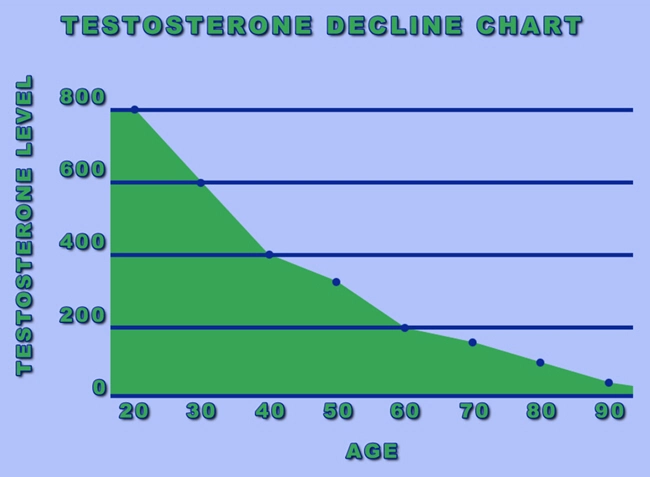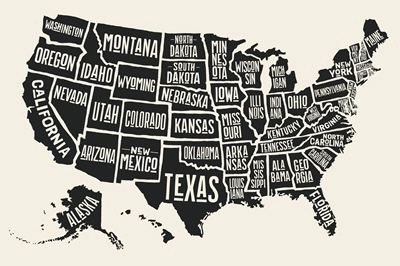
Video Link: https://vimeo.com/296950101
Video Download: Click Here To Download Video
Video Stream: Click Here To Stream Video
Are you looking to build muscle?
Then do not overlook the critical role of muscle-building foods!
Keep reading and discover the foods that will supercharge your muscles
Fact: Testosterone is a must...an absolute must for building strong, powerful, and massive muscles. It is not called the "manly hormone" for no reason. To put it bluntly, without adequate testosterone your gains in the gym will be minimal at best. Our clinics specialize in hormone replacement, and that includes testosterone replacement therapy (TRT). If you have low testosterone our first step is restoring your testosterone to a healthy level.
But we don't stop there. Our programs consist of nutritional advice and tips on the best fitness regimen for you. And for anyone interested in gaining muscle the importance of protein cannot be over-emphasized.
When most people think of building their muscles the first thing that comes to mind is physical training. Usually, this means weightlifting, although there are 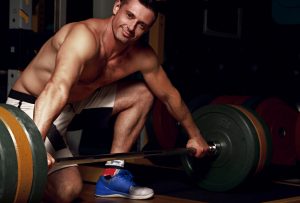 other forms of resistance training: body weight calisthenics, resistance bands, kettlebells, and a broad range of fitness machines and devices that are designed to make the user bigger and stronger.
other forms of resistance training: body weight calisthenics, resistance bands, kettlebells, and a broad range of fitness machines and devices that are designed to make the user bigger and stronger.
By considering training their muscles, they are on the right track. There is no question that exercise is crucial for your muscle-building efforts. There is no way in the world you will see your muscles begin to bulge if you remain on the couch or your favorite recliner.
But there is more to consider than just hitting the gym
Think about this. The best car in the world that is equipped with the fastest, most powerful engine, will not budge an inch without gasoline and oil to fuel the engine. It’s that simple.
And the same analogy applies to your body as well. When trying to build muscle, don’t neglect the crucial importance of nutrition.
Can you train like a fanatic and still make gains in spite of terrible eating habits? Perhaps. But why cheat yourself? Why sabotage your muscle-building efforts 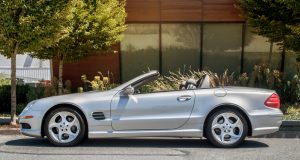 by feeding your body sub-par nutrition?
by feeding your body sub-par nutrition?
If you are the proud owner of a brand-new, expensive car, you wouldn’t consider filling up the gas tank with cheap, low-octane fuel, would you?
Of course not!
Then why would you consider filling your body with low-nutritional, convenient junk food? Your body is far more precious than the most expensive car in the world. To build the muscle, you desire you need to eat the types of foods that will propel your efforts, not hinder them.
So let’s get started by giving you the knowledge to develop the nutritional plan that will help you achieve your goals and not make your progress more difficult.
And it begins with protein
Protein is an absolute necessity in any muscle-building effort. Why? Because protein contains the amino acids that are responsible for our structure, our immune system, our hormones, and our transport proteins.
Remember this. Although our bodies can produce some amino acids, without obtaining other amino acids through our diet, we will be unable to function.
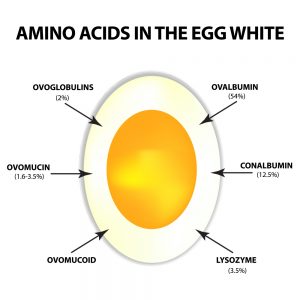 These amino acids that we require are called essential amino acids, and we cannot make them on our own. They must be consumed, period.
These amino acids that we require are called essential amino acids, and we cannot make them on our own. They must be consumed, period.
Therefore, when eating to build muscle the primary structure of the amino acids we eat must be given top priority.
Without sufficient amino acid consumption, we will experience a negative net protein balance, which will make gaining muscle an arduous task.
It is challenging to avoid this negative protein balance since amino acids are continually leaving the body and must be replaced by adequate protein intake. This is somewhat like trying to plug a dam that is full of holes.
If amino acid levels plunge, structural proteins and enzymes are cannibalized. If this hideous condition persists long enough, our vital functions will turn off and shut down.
What are the essential amino acids?
As mentioned earlier, the body can make some amino acids. These are called non-essential amino acids, and there are 12 of them. The essential amino acids are 8 in number, and they can only be obtained by eating or drinking.
Here is a list of the essential amino acids:
- Phenylalanine
- Valine
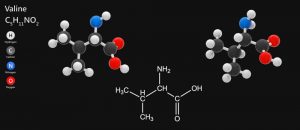
- Threonine
- Tryptophan
- Isoleucine
- Methionine
- Leucine
- Lysine
Here is a list of the non-essential amino acids
- Cysteine
- Tyrosine
- Histidine
- Arginine
- Glycine
- Glutamine
- Proline
- Serine
- Alanine
- Asparagine
- Aspartate
- Glutamate
So what are the best sources of dietary protein?
This is what it all comes down to; what foods do you need to prioritize to obtain sufficient amounts of protein to ensure muscular growth?
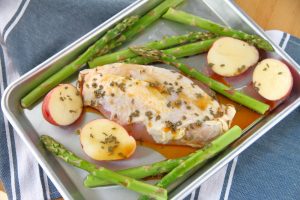 At the top of the list are foods that provide all of the essential amino acids in adequate amounts. These foods are called complete proteins. Some are animal sources of protein such as meat, milk, cheese, cottage cheese, poultry, fish, and eggs.
At the top of the list are foods that provide all of the essential amino acids in adequate amounts. These foods are called complete proteins. Some are animal sources of protein such as meat, milk, cheese, cottage cheese, poultry, fish, and eggs.
There are also plant sources of complete protein: quinoa, amaranth, hempseed, and buckwheat. One caveat: these plant foods often contain less total protein than animal sources.
Other plant food sources are not considered complete proteins when eaten alone. However, when combined with other incomplete plant food the result is a total protein.
Combining plant foods is something that vegetarians pay strict attention to. Typical incomplete plant food combinations that add up to complete protein 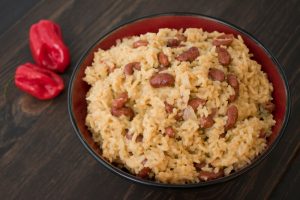 sources include rice and beans, spirulina with grains and nuts, peanut butter on whole-wheat bread, and numerous other combinations.
sources include rice and beans, spirulina with grains and nuts, peanut butter on whole-wheat bread, and numerous other combinations.
How much protein is recommended for muscle-building?
The recommended daily protein requirement for healthy but inactive adults is 0.8 grams of protein per kilogram of body weight. For a 150-pound individual, this would mean around 55 grams of protein needed daily.
But that amount is the bare minimum. Active people who are looking to build muscle need more, about 1.4 to 2.0 grams of protein per kilogram of body weight. Taking the example of that 150-pound individual, his need would be increased to between 95 and 135 grams of protein daily.
Is protein in extra amounts safe?
Yes. The rumors of the dangers of excess protein were a result of individuals with kidney damage being adversely affected by increased protein consumption.
But recent studies have demonstrated that individuals with healthy kidney function have not experienced any adverse side effects from added protein intake.
However, you need more than protein
That’s right. As crucial as protein is to your muscle-building efforts, you need other types of foods as well. If your food choices were restricted to protein, protein, and more protein, you would quickly run out of energy and suffer from other debilitating conditions that will derail your fitness goals.
Don’t forget vegetables and fruits. Carbohydrates are the body’s primary energy source, and since hard fitness workouts demand energy, you will be well-served to eat at least two servings of fruit and vegetables per meal.
In addition to delivering a much-needed energy boost, vegetables and fruits will neutralize excess acid, fight the free radicals that accelerate aging, deliver disease protection, and boost all-around good health – a dazzling array of benefits.
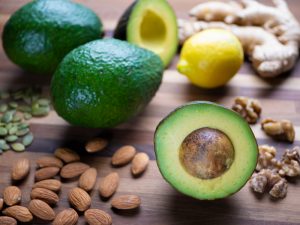 Healthy fats should also be a part of your daily dietary routine. Contrary to making us fat, healthy fats play a role in keeping our weight under control. Also, healthy fats can help to control cholesterol, lower the risk of both heart disease and insulin levels, help control blood sugar levels, help us absorb fat-soluble vitamins and other nutrients, and are vital for optimum nerve and brain function.
Healthy fats should also be a part of your daily dietary routine. Contrary to making us fat, healthy fats play a role in keeping our weight under control. Also, healthy fats can help to control cholesterol, lower the risk of both heart disease and insulin levels, help control blood sugar levels, help us absorb fat-soluble vitamins and other nutrients, and are vital for optimum nerve and brain function.
Examples of healthy fats are olive oil, avocados, dark chocolate, cheese, walnuts, almonds, and coconut oil.
To sum things up, remember that protein is the king. Protein is the building block that your muscles need to grow. But don’t forget to add carbohydrates such as vegetables and fruits to the mix, as well as healthy fats.
Don’t let your hard work in the gym go to waste. Feed your muscles the fuel they need and give yourself every chance to maximize your fitness and strength-building efforts.
Testosterone and protein = muscular gains. Contact us for a FREE, no-obligation discussion on what testosterone replacement therapy can do for you.
References
https://www.menshealth.com/fitness/a19534499/10-muscle-building-tips/
https://www.mensjournal.com/food-drink/the-top-30-muscle-building-foods/
Contact Us Today For A Free Consultation
Dear Patient,
Once you have completing the above contact form, for security purposes and confirmation, please confirm your information by calling us.
Please call now: 1-800-380-5339.
Welcoming You To Our Clinic, Professor Tom Henderson.

- No Gym since COVID-19? No Problem! [Last Updated On: August 7th, 2024] [Originally Added On: January 12th, 2021]
- Video - Growth Hormone Builds Muscle and Burns Fat! [Last Updated On: March 5th, 2025] [Originally Added On: October 12th, 2021]
- Growth Hormone and Fitness [Last Updated On: February 15th, 2025] [Originally Added On: October 12th, 2021]
- Growth Hormone and Creatine [Last Updated On: February 15th, 2025] [Originally Added On: October 12th, 2021]
- Growth Hormone boosts Metabolism! [Last Updated On: February 13th, 2025] [Originally Added On: October 12th, 2021]
- Testosterone and Running [Last Updated On: February 14th, 2025] [Originally Added On: October 27th, 2021]
- Testosterone and Exercise [Last Updated On: February 15th, 2025] [Originally Added On: October 27th, 2021]
- HGH and Physical Fitness [Last Updated On: February 12th, 2025] [Originally Added On: October 28th, 2021]
- Boost HGH with Squats! [Last Updated On: February 15th, 2025] [Originally Added On: October 28th, 2021]
- Blood Flow Restriction Training [Last Updated On: September 8th, 2024] [Originally Added On: December 1st, 2021]
- The Skinny on How Hormones Affect Your Weight [Last Updated On: June 30th, 2024] [Originally Added On: February 19th, 2023]
- Unlocking the Power of Your Potential: A Sleek and Healthy Approach to Human Growth Hormone and Fitness [Last Updated On: February 15th, 2025] [Originally Added On: February 15th, 2025]
- Unwrapping the Powers of Creatine - A Brain and Brawn Booster! [Last Updated On: February 15th, 2025] [Originally Added On: February 15th, 2025]
